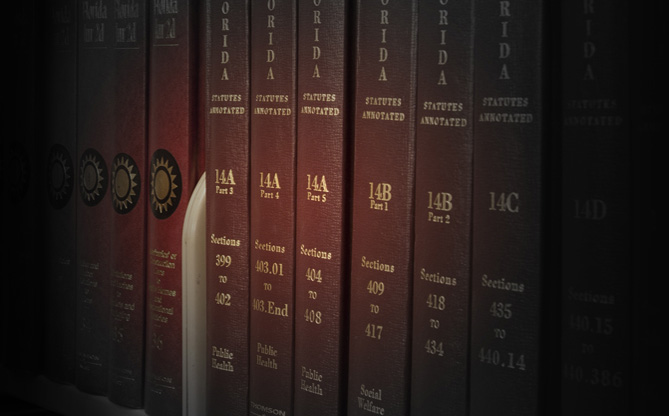Business owners often question whether the business will be able to deduct its legal expenses. The Fifth Circuit Court of Appeals in Cavanaugh v. Commissioner, 18-60299, 2019 WL 1430193 (5th Cir. Mar. 29, 2019) recently shed some light on this matter. The Court found that settlement payments and litigation expenses paid by a business regarding a lawsuit against the business and its sole shareholder were nondeductible because the lawsuit was related to activities not connected to the corporation’s trade or business.
The Internal Revenue Code allows a deduction for all ordinary and necessary expenses paid or incurred during the taxable year in carrying on a trade or business. The question the Court in Cavanaugh discussed was whether litigation expenses were included as “ordinary and necessary” business expenses. In Cavanaugh, a business owner was trying to deduct legal expenses relating to a suit against the business alleging that the employees of the business facilitated an individual’s access to and ingestion of drugs causing her death while on vacation in the Caribbean. The suit settled and the business paid the settlement amount and deducted the settlement payment and legal expenses as ordinary and necessary business expenses. The IRS disallowed the deduction and the business owner challenged.
The applicable test for deducting legal fees provided by the Supreme Court of the United States in United States v. Gilmore, 372 U.S. 39 (1963) is whether the origin of the claim for which the lawsuit was brought had a connection with the profit-seeking activity of the business. The Gilmore test requires that the claim giving rise to the legal fees be proximately related to the trade or business of the taxpayer.
In Cavanaugh, the court applied the origin-of-the claim test and held that that the claim did not arise in connection with business’ profit-seeking activities, as furnishing drugs to an individual did not arise from or further the business’s profit-seeking activities, and therefore the legal fees were not deductible by the business.
When businesses are caught up in complex and stressful litigation, business owners hope that they will at least get a tax break for the year’s income tax by deducting the high expenses paid for the litigation. However, Cavanaugh clarified that this may not always be the case. The simple fact that a business is named in a lawsuit will not automatically provide for a valid deduction for litigation fees. The claim giving rise to the lawsuit must have a direct connection with or proximately result from the taxpayer’s trade or business activity. As such, a business might not be able to deduct litigation expenses incurred in defending actions of its employees performed outside the scope of their employment. On the other hand, if the claim of the lawsuit is based on a direct connection with the business’s profit-seeking activity, litigation expenses may be deductible for the year in which the expenses were paid.


